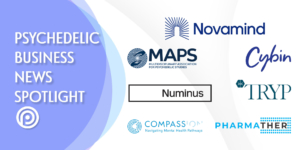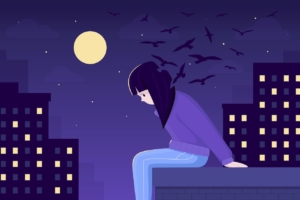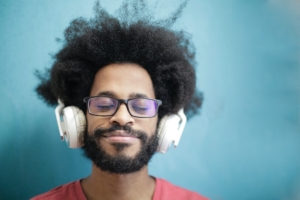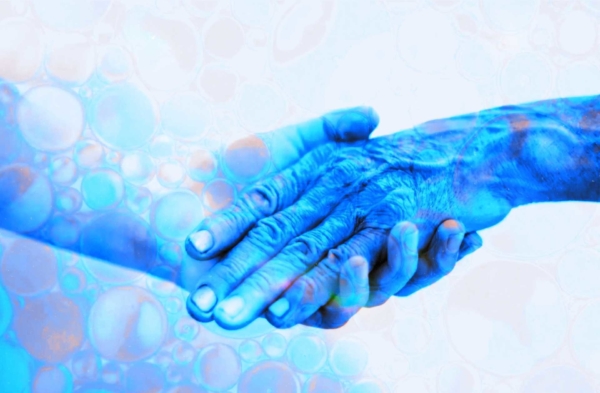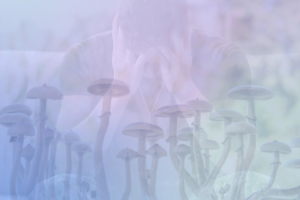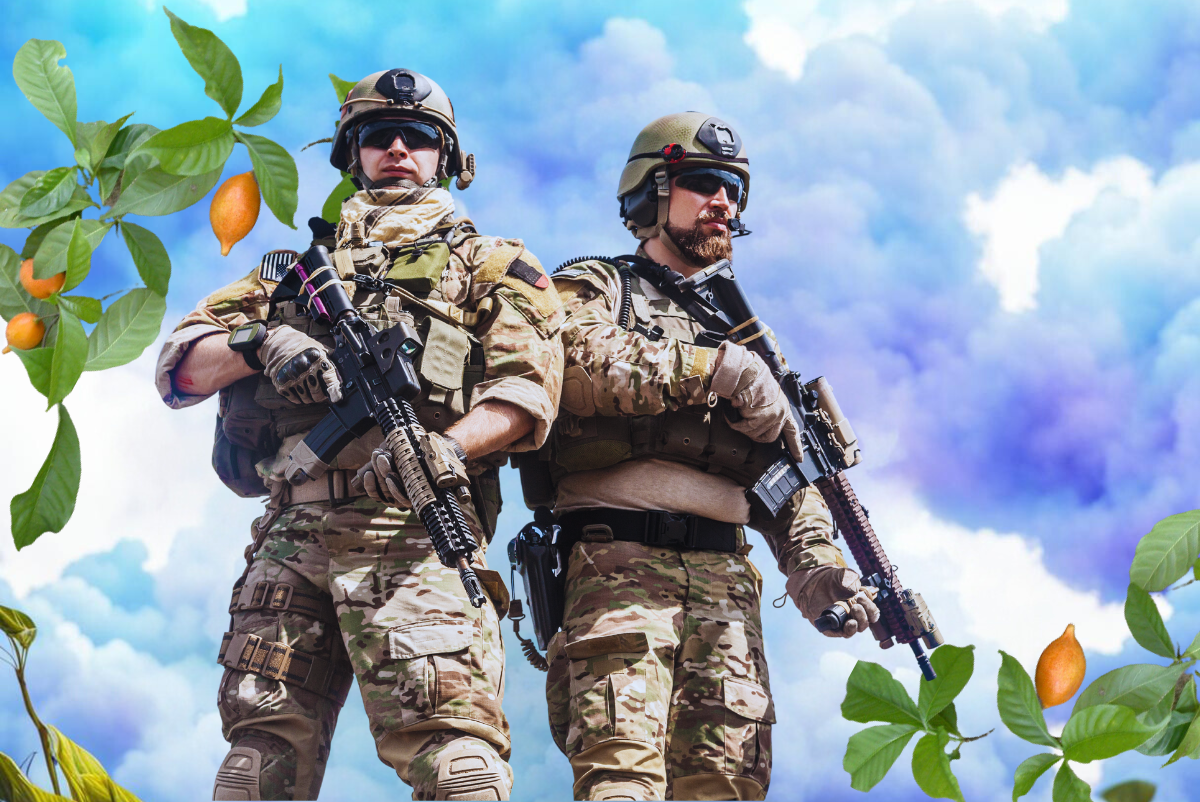
Special Operation Forces Veterans (SOFV) are considered to be the most elite members of the military. Due to their remarkable physical and mental resilience, these select soldiers are chosen to undergo additional combat training and eventually carry out specialized combat duties overseas.
SOF members are often deployed more than their counterparts in the armed services. As a result, they encounter stimuli (isolation, time away from home, intense combat experiences, etc.) that heightens their likelihood of developing symptoms indicative of post-traumatic stress disorder (PTSD).
SOF members also face a higher likelihood of suffering from traumatic brain injuries (TBI’s), often leading to the onset of conditions such as PTSD, depression, anxiety, cognitive impairment, and thoughts of suicide.
Traditional non-pharmacological treatments for these challenging psychological symptoms include Cognitive Processing Therapy (CPT), prolonged exposure therapy, eye movement desensitization and reprocessing (EMDR), and more. Unfortunately, these therapies, while beneficial for certain individuals, tend to be ineffective and often result in a high rate of discontinuation among Special Operation Forces (SOF) members.
Similarly, pharmacological therapies such as SSRI’s, SNRI’s, antipsychotics, and others seem to demonstrate limited efficacy and present unwanted side effects for SOF members.
As emerging evidence consistently indicated that psychedelic-assisted therapy (PAT) might provide a more promising solution, specifically combined ibogaine and 5-MeO-DMT assisted therapy for addressing the complex psychiatric issues that SOF veterans face, researchers grew curious.
Researcher Alan Kooi Davis and his colleagues decided to conduct a survey-study, where they examined 86 SOF Veterans who underwent combined Ibogaine and 5-MeO-DMT therapy in a clinical setting in Mexico to treat their PTSD related symptoms.
The retreat lasted for a total of 3 days. On the first day, attendees received a single oral dose of ibogaine hydrochloride (10 mg/kg). On the 2nd day, attendees were asked to reflect on their ibogaine experiences, and on the 3rd day, they received 3-5 incremental doses of 5-MeO-DMT.
Following the retreat, all 86 attendees were asked to complete a 1-month, 3-month, and 6-month follow-up survey. Of the 86 participants, 71 submitted responses for the 1-month survey, 62 for the 3-month survey, and 52 for the 6-month survey.
According to their research findings, combined ibogaine and 5-MeO-DMT assisted therapy has potential to provide “rapid and robust changes in mental health functioning” with therapeutic effects lasting up to 6-months.
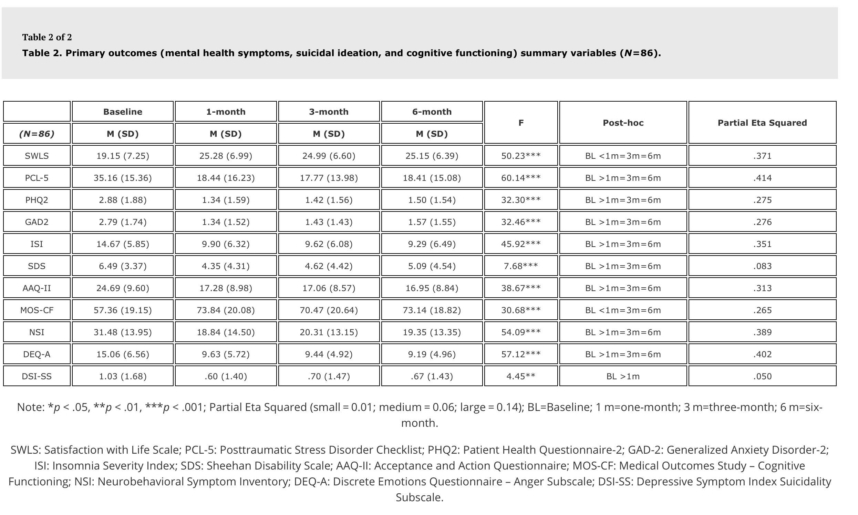
According to the researchers, the table above demonstrates:
- “Significant and very large improvements in self reported symptoms of PTSD, depression, anxiety, insomnia severity, and anger.”
- “Significant and very large increase in self reported satisfaction with life.”
- “A significant medium reduction in self-reported disability/functional impairment.”
- “A significant and very large increase in psychological flexibility and cognitive functioning.”
- “A significant and large reduction in post-concussive symptoms.”
- “A significant and medium reduction in suicidal ideation.”
- “Most attendees reported experiencing moderate to strong positive desirable changes across a range of attitudes, behaviors, and relationships.”
- “Most participants rated the psychedelic experiences as one of the top five personally meaningful, spiritually significant, and psychologically insightful experiences of their entire lives.”
Published in the American Journal of Drug and Alcohol Abuse, this is the first study to ever report on the therapeutic effects of combined ibogaine and 5-MeO-DMT use in a clinical setting. Although the study listed an extensive list of limitations and indicated that more research is still required to reach a more precise conclusion, it is apparent that when used in conjunction, 5-MeO-DMT and ibogaine assisted treatment can produce profound and positive results for Special Operation Forces Veterans and potentially others.
With the ongoing resurgence of interest in psychedelics, it will be intriguing to observe the studies that surface regarding the utilization of multiple psychedelic compounds in combination to achieve therapeutic benefits.
While ibogaine is illegal in the United states, after the passing of Colorado’s Natural Medicine Health Act (Proposition 122), ibogaine can now be accessed for limited personal possession, use and sharing without compensation in the state of Colorado. Thanks to tireless decriminalization efforts, some cities in U.S., such as Massachusetts have decriminalized ibogaine along with other natural psychedelics. Recently, Governor Gavin Newsom vetoed California Senator Scott Wiener’s proposed psychedelic decrim initiative SB 58 which included ibogaine. However, the fight it not over. In response to the veto news, Senator Weiner said, “Our fight is not over. We’ll be back with legislation next year.”
Despite the set back, it seems like legalizing psychedelic medicines in California is an inevitable step as more lawmakers, celebrities, emergency service and military veterans become advocates for these medicines. As more influential newspapers in California continue to support the psychedelic movement, we are marching towards the destigmatisation of these substances which will help to push decriminalization efforts efforts forward.
